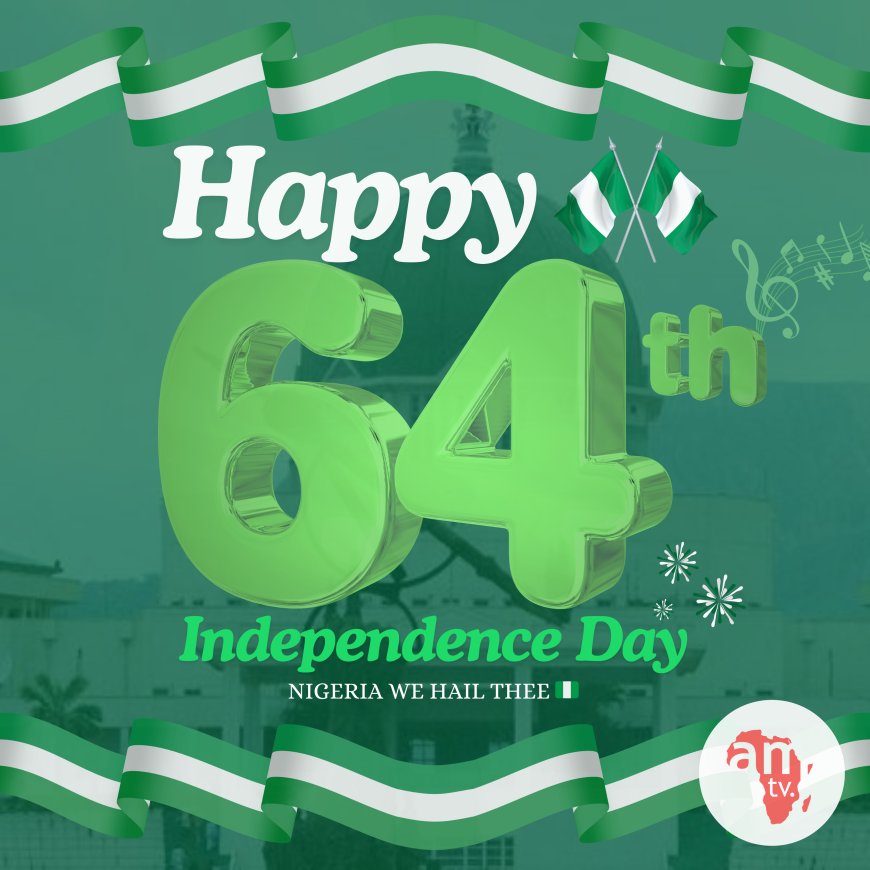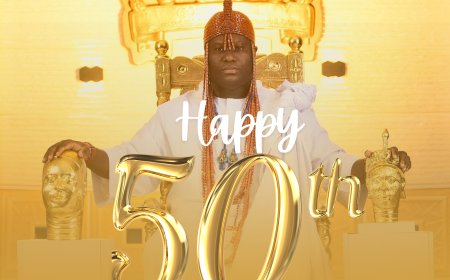Nigeria Reembraces Its Past: The Revival of "Nigeria, We Hail Thee" as National Anthem

Today, October 1, 2024, marks Nigeria's 64th Independence Day, a celebration of the country's freedom from British rule. In a surprising move, the National Assembly passed a bill on May 23, 2024, to reinstate "Nigeria, We Hail Thee" as the national anthem, replacing "Arise, O Compatriots" which had been in use since 1978. President Bola Tinubu signed the bill into law on May 29, 2024.
The original "Nigeria, We Hail Thee" was composed by Frances Benda, with lyrics written by Lillian Jean Williams, a British expatriate, in 1959. The anthem was first adopted on October 1, 1960, Nigeria's Independence Day, and was used until 1978 when it was replaced due to concerns that it highlighted the country's differences and was written by a non-Nigerian.
The reintroduction of "Nigeria, We Hail Thee" has sparked mixed reactions. While some see it as a nod to Nigeria's rich history, others criticize the lack of consultation and the perceived priorities of the current administration. Former Education Minister Oby Ezekwesili expressed concerns about the anthem's suitability, citing the presence of "pejorative" words like "native land" and "tribes."
Musicians and artists have also weighed in on the change. Some view it as an opportunity to revisit and reinterpret Nigeria's musical heritage, while others see it as a step backward. The Nigerian Police Band, which originally directed the music for "Arise, O Compatriots," has not publicly commented on the change.
Academic institutions are already incorporating the new anthem into their school activities. Secondary schools are teaching students the lyrics and melody, and some have even organized special performances to mark the occasion. Students are adapting quickly, with many expressing pride in singing an anthem that reflects Nigeria's history and diversity.
The music score for "Nigeria, We Hail Thee" is available, and its melody is considered easy to learn and sing along to. However, some have raised concerns about the anthem's message, citing the need for a more inclusive and forward-looking national identity.
As Nigeria celebrates its independence, the revival of "Nigeria, We Hail Thee" serves as a reminder of the country's complex history and its ongoing search for a national identity. While opinions on the change vary, one thing is clear: Nigeria's national anthem remains a powerful symbol of unity and patriotism.
Key Dates:
- October 1, 1960: "Nigeria, We Hail Thee" first adopted as national anthem
- 1978: "Arise, O Compatriots" replaces "Nigeria, We Hail Thee"
- May 23, 2024: National Assembly passes bill to reinstate "Nigeria, We Hail Thee"
- May 29, 2024: President Bola Tinubu signs bill into law
- October 1, 2024: Nigeria's 64th Independence Day
About the Author:
Dr. Yomi Bosede is a renowned African music promoter and music consultant , Africanist , Art and culture enthusiast. He has written extensively on African music, Choral music , Culture, and Art .
Copyright 2024. All rights reserved.
Note: This article is the sole property of the author and may not be reproduced, distributed, or transmitted in any form or by any means, electronic, mechanical, photocopying, recording, or otherwise, without prior written permission.
What's Your Reaction?




























































